What Are the Characteristics of Molybdenum Sheet?
- Details
- Category: Tungsten Information
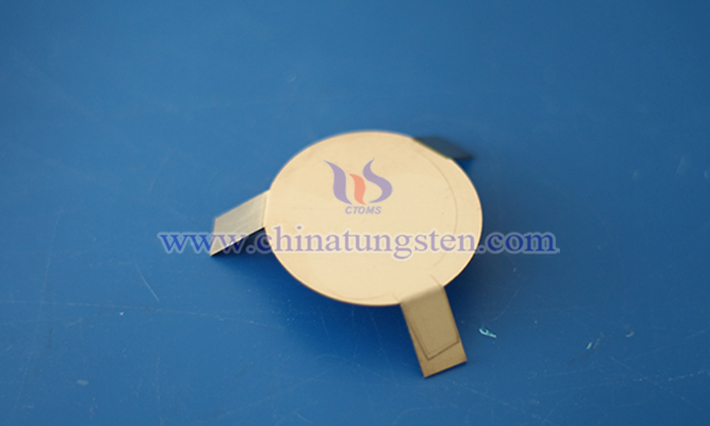
Molybdenum sheet is a sheet-like material made from molybdenum metal through processes such as rolling. It is primarily used to produce reflective screens and covers in sapphire crystal growth furnaces, reflective screens, heating elements, and connectors in vacuum furnaces, as well as sputtering targets for plasma coating. It is a critical material in high-end manufacturing. The basic characteristics of molybdenum sheet are as follows:
Purple Tungsten Oxide
- Details
- Category: Tungsten Information
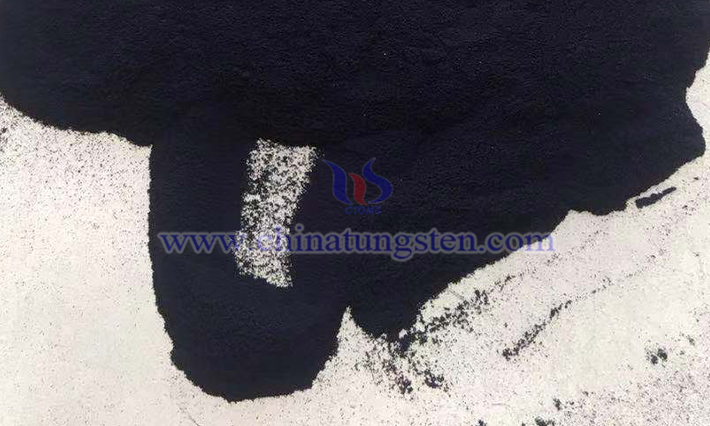
Purple tungsten oxide, also known as tungsten purple oxide, is a typical tungsten oxide and an inorganic compound composed of 18 tungsten atoms and 49 oxygen atoms. It is an oxygen-vacancy tungsten oxide, appearing as a purple or blue-purple fine crystalline powder. Its English name is Purple Tungsten Oxide or Violet Tungsten Oxide (abbreviated as VTO or TVO), with a chemical formula of W₁₈O₄₉ or WO₂.₇₂ and a molecular weight of 227.36. Note: The oxidation state of tungsten in W₁₈O₄₉ is +5 or +6.
Blue Tungsten Oxide
- Details
- Category: Tungsten Information
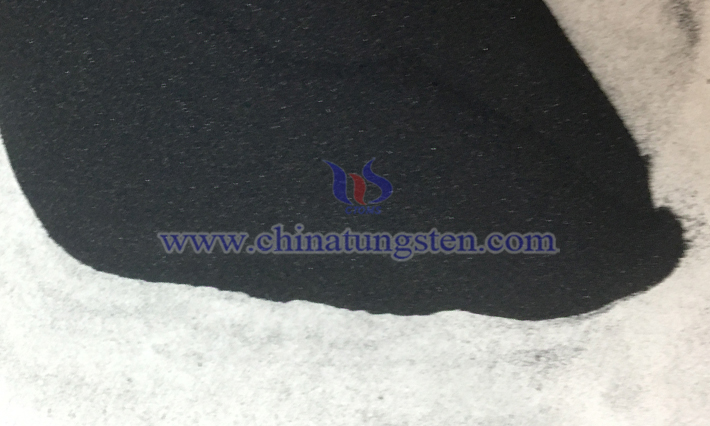
Blue tungsten oxide (BTO), a typical tungsten oxide (WO₃₋ₓ), also known as tungsten blue oxide, is a deep blue compound with mixed valence states of tungsten (VI) and tungsten (V). It is an inorganic compound composed of 20 tungsten atoms and 58 oxygen atoms, characterized as an oxygen-deficient/vacancy tungsten oxide. Its English name is Blue Tungsten Oxide (abbreviated as BTO), with a chemical formula of WO₂.₉₀ or W₂₀O₅₈. Note: Depending on calcination conditions, the phase composition of blue tungsten oxide varies, but it is primarily composed of WO₂.₉₀ or ammonium tungsten bronze (ATB) as the main phase.
What Is Molybdenum Sheet?
- Details
- Category: Tungsten Information
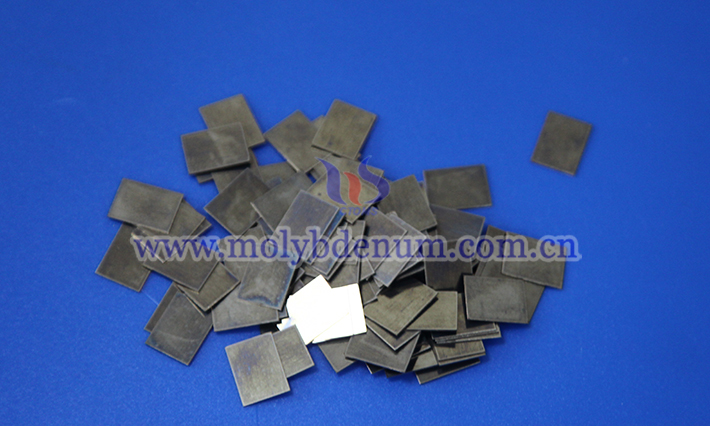
Molybdenum sheet is a thin material processed from molybdenum metal, typically ranging from 0.01 to 2 millimeters in thickness. Due to its excellent high-temperature performance, corrosion resistance, and superior mechanical properties, it is widely used in electronics, aerospace, high-temperature furnaces, and chemical industries. Molybdenum sheet can be manufactured in rectangular, circular, or custom shapes, with widths ranging from 10 to 1,000 millimeters and lengths up to 2,000 millimeters or cut to specific requirements.
Tungsten Heater
- Details
- Category: Tungsten Information

As a typical representative of refractory tungsten products, tungsten heater is deep-processed products made from pure tungsten wire or doped tungsten wire. Known as "tungsten heater" in English, they generally contain over 99.95% tungsten and have diameters ranging from 0.2–1.2 mm.
The Impact of Sodium on Ammonium Metatungstate Properties
- Details
- Category: Tungsten Information

As a common impurity element in ammonium metatungstate (AMT), sodium primarily affects its physicochemical properties and application performance in the following ways:
What Are the Chemical Components of Ammonium Metatungstate?
- Details
- Category: Tungsten Information
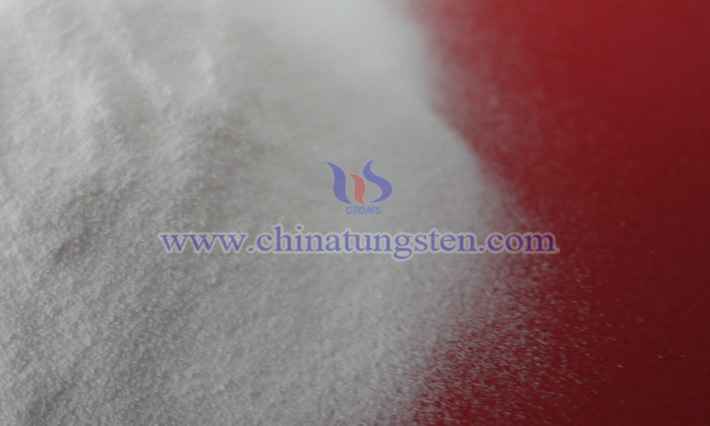
Like ammonium paratungstate, ammonium metatungstate (AMT) is also an important tungstate, with the chemical formula (NH₄)₆H₂W₁₂O₄₀·xH₂O, where x typically ranges from 0 to 23. Common forms include (NH₄)₆H₂W₁₂O₄₀·4H₂O and (NH₄)₆H₂W₁₂O₄₀·H₂O.
The Impact of Aluminum on Ammonium Metatungstate Properties
- Details
- Category: Tungsten Information
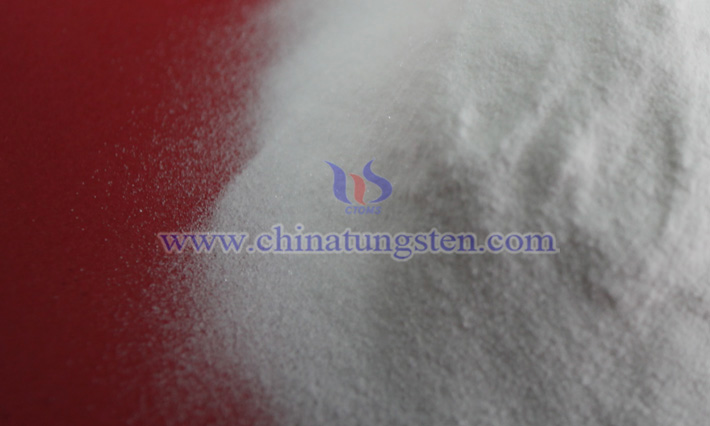
Ammonium metatungstate (AMT) is an important intermediate product of the transition metal tungsten, with a molecular formula of H₂₈N₆O₄₁W₁₂, containing nitrogen, hydrogen, tungsten, and oxygen. However, in practice, besides these four elements, AMT also contains impurity elements such as Al, As, Bi, Ca, Cu, Fe, Mg, Mn, Mo, Na, Ni, Pb, Si, Sn, and Ti. The impact of aluminum on the properties of AMT is as follows:
What Are the Differences Between Ammonium Metatungstate and Ammonium Paratungstate?
- Details
- Category: Tungsten Information

Ammonium metatungstate (AMT) and ammonium paratungstate (APT) are two common tungsten compounds, differing in chemical composition, physicochemical properties, applications, and production processes.
What Are the Characteristics of Ammonium Metatungstate?
- Details
- Category: Tungsten Information
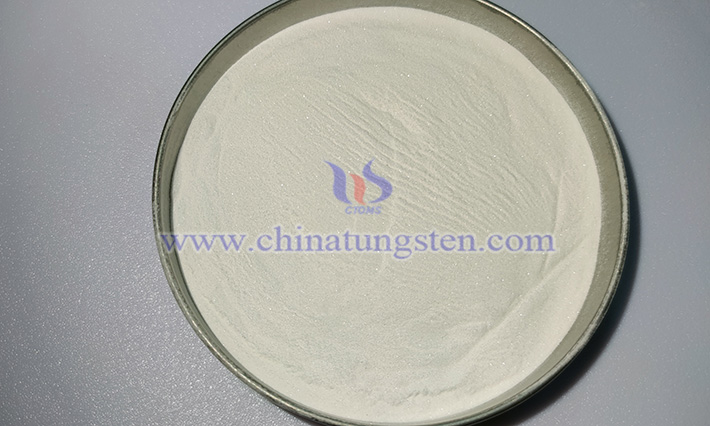
Ammonium metatungstate (AMT), as an important inorganic compound, possesses unique physicochemical properties and is widely used in ceramics, textiles, and catalysts. AMT has the following characteristics:




 sales@chinatungsten.com
sales@chinatungsten.com